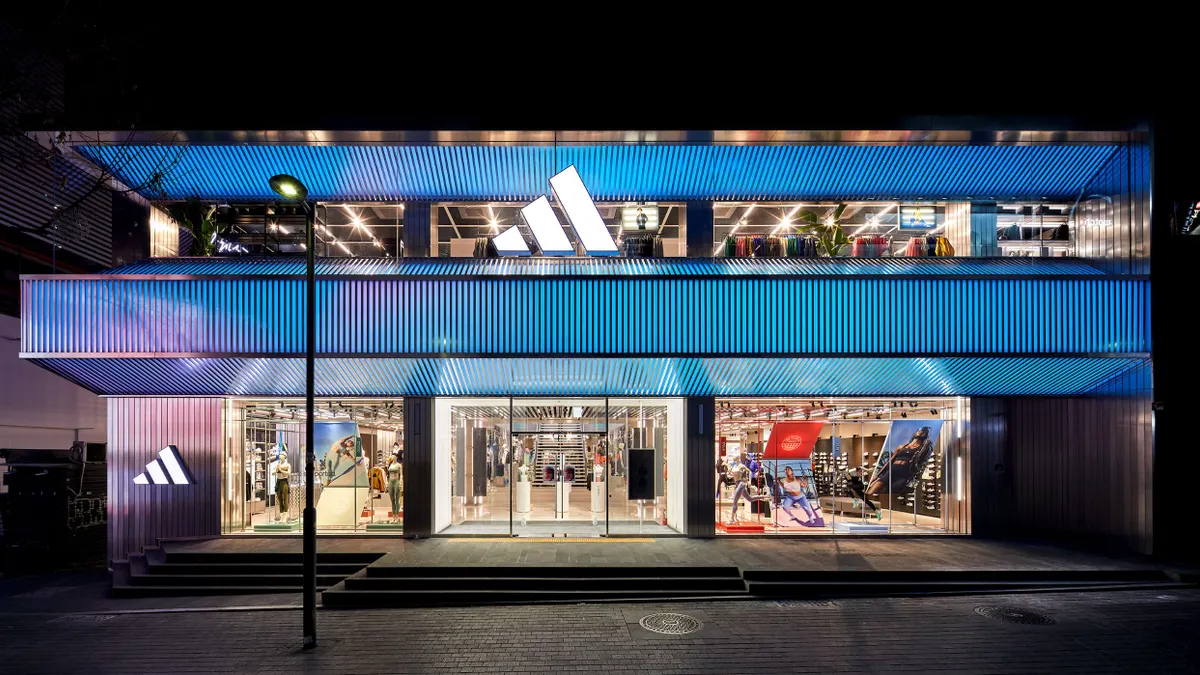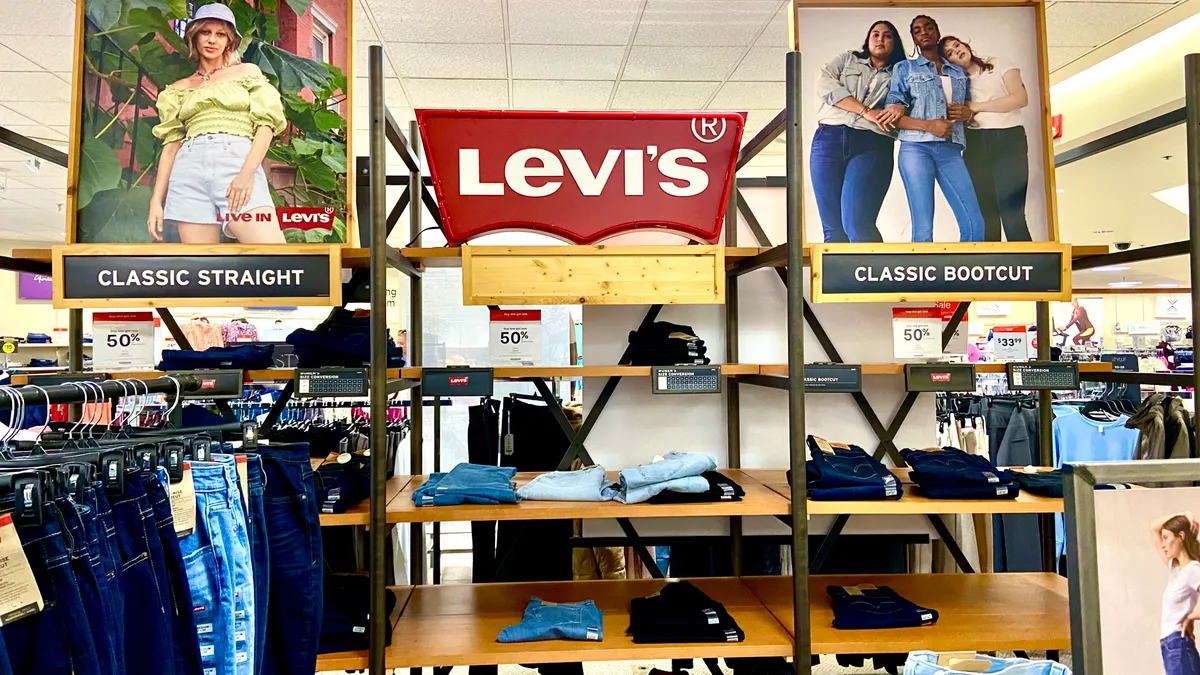WASHINGTON — The House of Representatives' Ways and Means committee on Tuesday called on five experts — including Target CEO Brian Cornell and former President/CEO of Wal-Mart U.S. William Simon — to testify on the impacts of the proposed border adjustment tax in a hearing on the matter.
The proposed 20% tax on imports, floated as part of House Republicans' “A Better Way” tax plan, is making retail executives' heads spin — and for good reason. Retailers have a lot to lose if the proposal becomes law: RBC Capital Markets Analyst Scot Ciccarelli found that the earnings risk to six major U.S. retailers could result in a $13 billion blow to their balance sheets, while Best Buy alone could see its annual earnings completely wiped out by such a tax.
For Target, the proposal would cause the big-box retailer's tax rate to more than double from 35% to 75%, Cornell said Tuesday.
“It’s pretty simple math,” he said. “If the government takes four out of every five dollars we make, there’s no capital to invest and no prospects for growth — and that matters a lot both to us and the U.S. economy. Instead of investing and creating jobs we would be pushed in another direction.”
During the hearing, Cornell blasted the current U.S. tax code as being “broken” — a critique that many of his retail peers, as well as Democrat and Republican congresspersons, generally agree with. It's been 31 years since Congress passed major tax reform and lawmakers, and business leaders have found common ground on the need for pro-growth tax reform that would lower the corporate tax rate from its current 35% rate. The border adjustment tax proposes lowering that rate to 20% and adding a destination-based tax that economists say will disadvantage importers.
Many members of Congress questioned the panelists on whether the tax could actually help bring manufacturing and jobs back to the U.S. Target's Cornell said he would love to see manufacturing thrive in America, but the realities in the marketplace would make it impossible for many retailers to comply.
“Right now, 97% of apparel bought in the U.S. is made outside of the U.S. Those supply chains don't exist here.”

Brian Cornell
CEO of Target
“Right now, 97% of apparel bought in the U.S. is made outside of the U.S. Those supply chains don't exist here,” he said. “Under BAT, the prices we pay… they go up.”
Not just for retailers — consumers, too, Cornell said. “We looked at currency adjustment and factored in some appreciation, but every time we run the models we get the same conclusion: Americans will pay more for basic essential items they have today and we don't think that’s the right thing today.”
In contrast to many in the retail industry, William Simon, a retail and consumer products veteran who left his post as CEO of Wal-Mart U.S. in 2014 and is currently a senior advisor at private equity firm KKR, argued the border adjustment tax is in the best interests of the country — and the retail industry — if “properly implemented.” To him, that amounts to a generous transition period that would phase in the tax for retailers and other businesses over a long period of time.
“I don't want to ignore or bulldoze retail concerns,” he said. “If implemented improperly, it will be hurtful for the industry. If we do the work and sit down as a group to see what it will look like, it will be successful for U.S. manufacturing once middle class jobs return to the country. Retail will see a new resurgence and a period of growth. The wind is coming out of retail sales because the wind is coming out of the middle class."
"The wind is coming out of retail sales because the wind is coming out of the middle class."

William Simon
Former President/CEO of Wal-Mart U.S.
Kimberly Clausing, a professor of economics at Reed College who also testified at the hearing, warned the committee that the proposal has serious flaws: “Many practical considerations may get in the way of dollar appreciation and the evidence we have suggests there are some serious risks here. Do we really want to bet large sectors of the economy on this idea?”
Legal experts argue the plan is incompatible with the global trading system, she added, which could spark retaliation in the form of a trade war. “Trade disputes of this magnitude generate uncertainty and an unstable investing environment.” Clausing said.
At the moment, retailers are struggling to plan their futures, given the border adjustment tax's uncertain impacts. The success of the proposed tax hinges on assumptions that currency will appreciate, GDP will grow and manufacturing will come back to the U.S. “It’s hard for me to craft a business plan on if,” Cornell said.
Speaking to Retail Dive after the meeting, David French, senior vice president of government relations at the National Retail Federation, said he believes that support for the proposal is dwindling. “I think what you heard today, even among a lot of the Republican members, is not a lot of confidence in this position,” he said. “I don’t think this has any support on the Senate side and I don’t think it has any support with the administration. So, it’s a matter of how much longer the committee continues to pursue a dead end.”
“I don’t think this has any support on the Senate side and I don’t think it has any support with the administration. So, it’s a matter of how much longer the committee continues to pursue a dead end.”

David French
SVP of Government Relations at NRF
While Congressman Lloyd Doggett (D-TX) characterized the proposal as being “on life support,” retail trade organizations and executives know the war hasn't been won quite yet.
For months, retail trade groups and executives have been urging members of Congress, the Senate and the Trump administration to abandon what they see as an “untested” theory. Last week, a number of retail executives from companies such as J.C. Penney, VF Corp and Ikea met with Treasury Secretary Steven Mnuchin in an effort to reiterate the harmful effects they believe consumers and business would feel from the border adjustment tax.
The NRF announced on Wednesday that it’s bringing 20 retail CEOs from a mix of large and small businesses — including from IKEA, Ascena Retail Group and Pier 1 Imports — to meet on the issue with members of Congress, Treasury Secretary Steven Mnuchin, Commerce Secretary Wilbur Ross and Labor Secretary Alexander Acosta.
“Executives from America’s largest private-sector employer are here to urge lawmakers to say ‘yes’ to tax reform but ‘no’ to doing it on the backs of consumers through a new import tax,” NRF President and CEO Matthew Shay said in a press release emailed to Retail Dive. “These retailers want to tell Congress and the administration just how crucial tax reform is to spurring increased investment and creating new jobs for our workers. But they are also emphasizing that we can’t afford to hobble our consumer-driven economy in the process and need to get it right the first time.
While retail executives and members of Congress maintain optimism that an agreeable tax reform plan will materialize by the end of the year, there are many remaining hurdles — with the border adjustment tax being the most contentious of them.




















